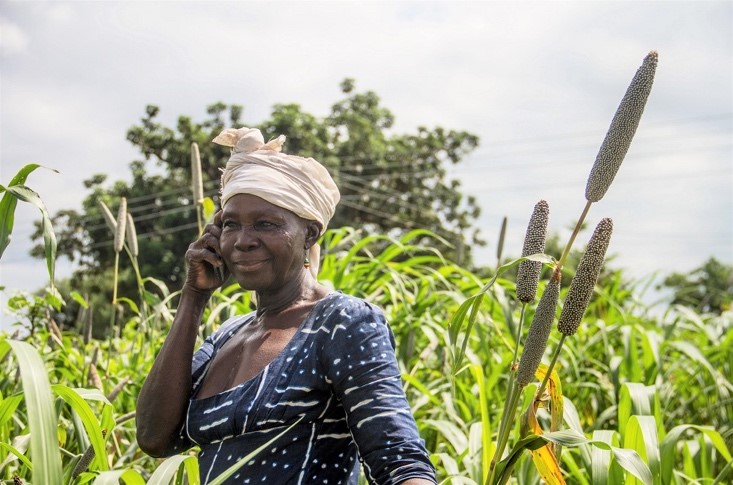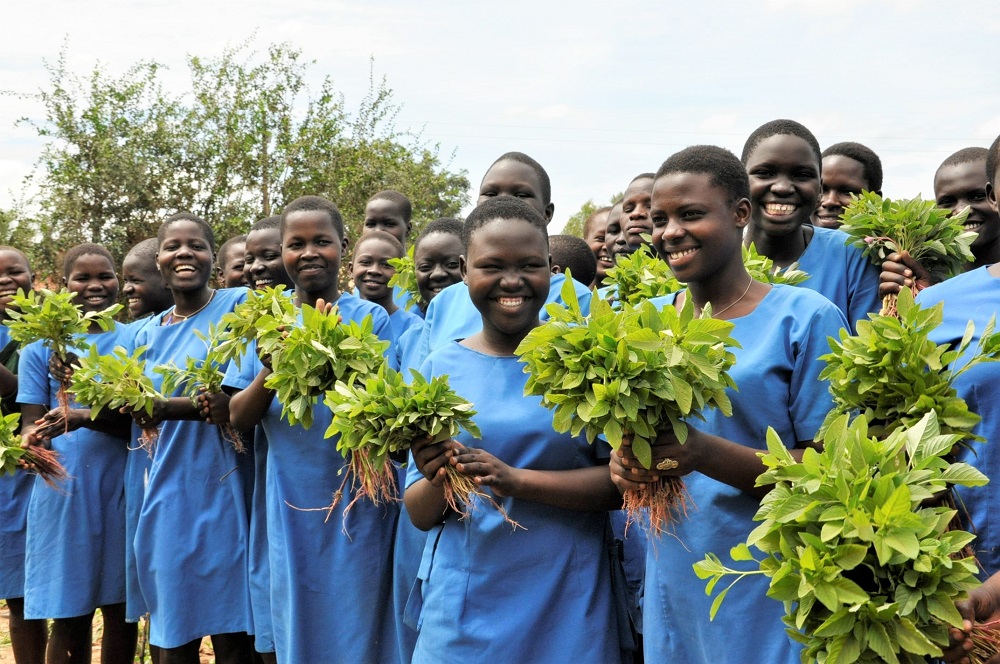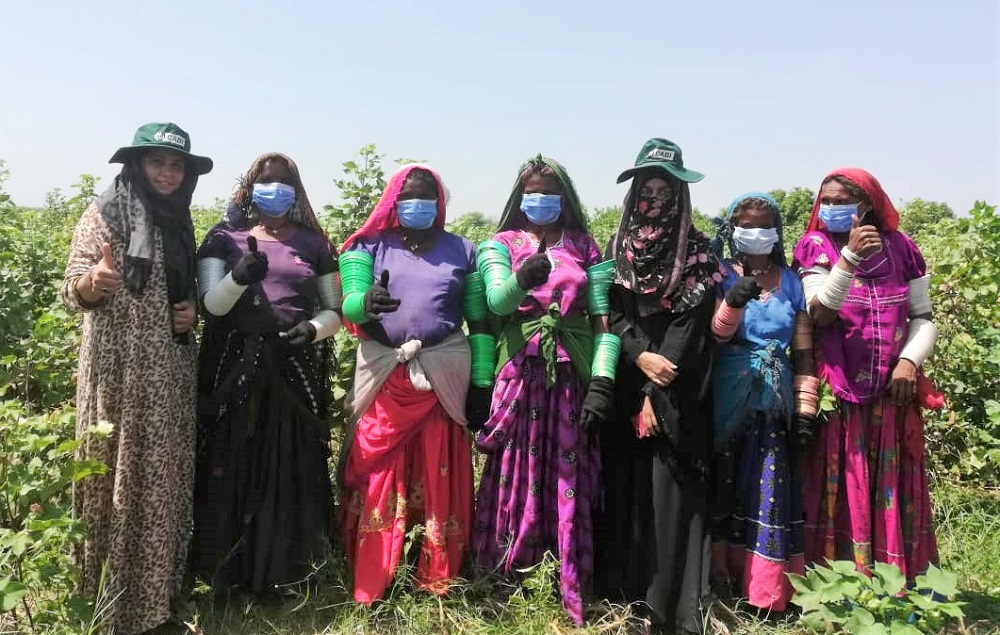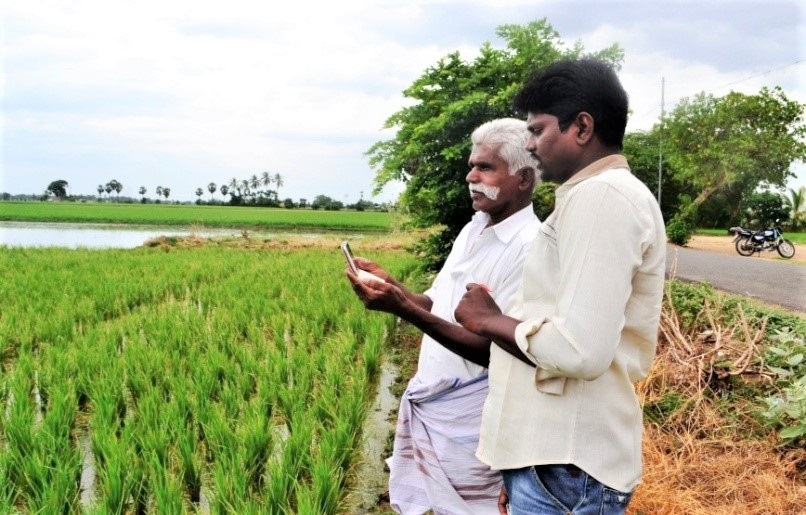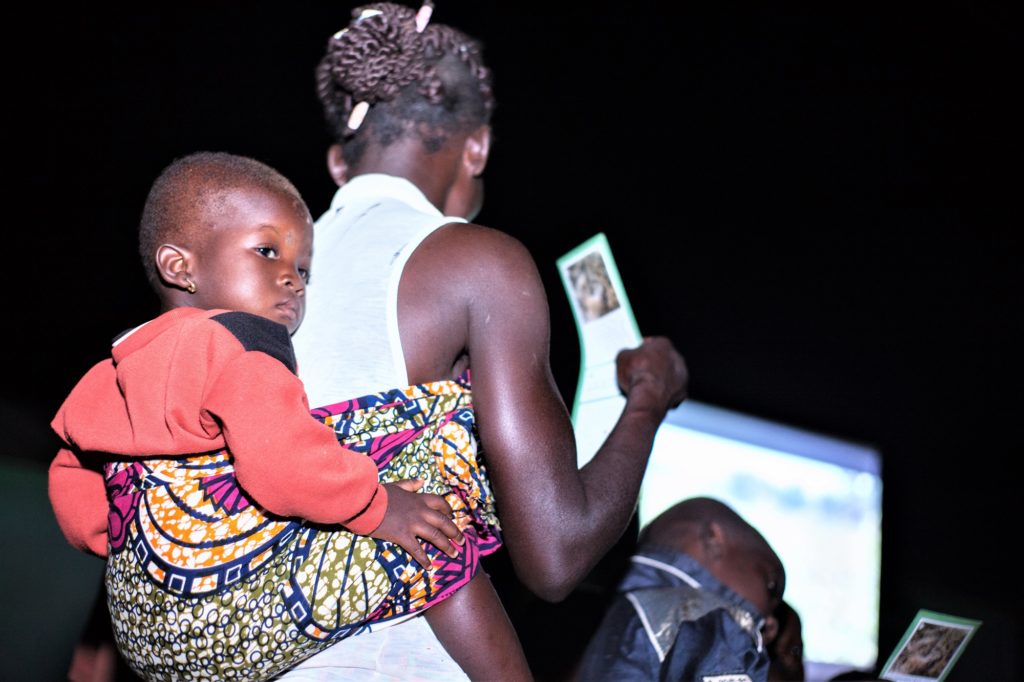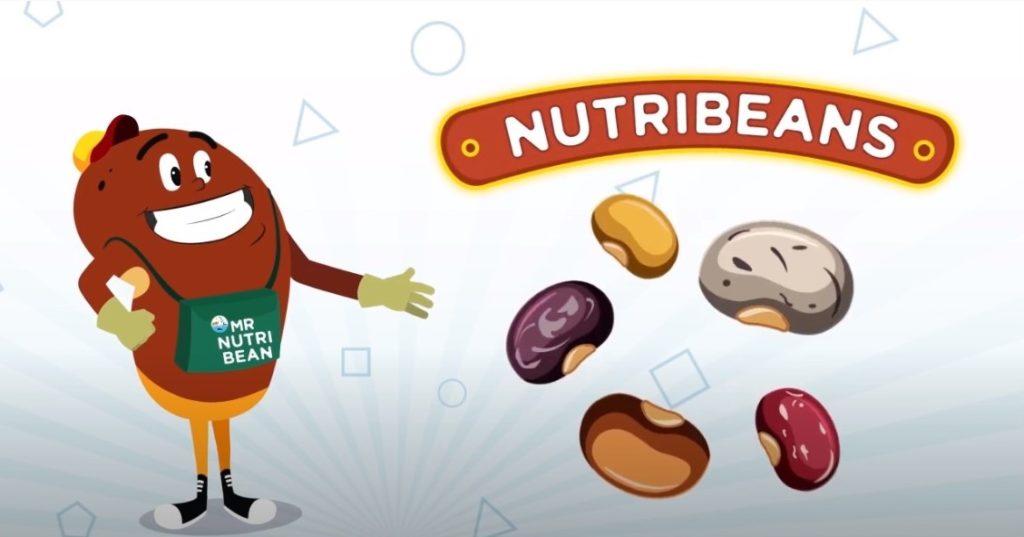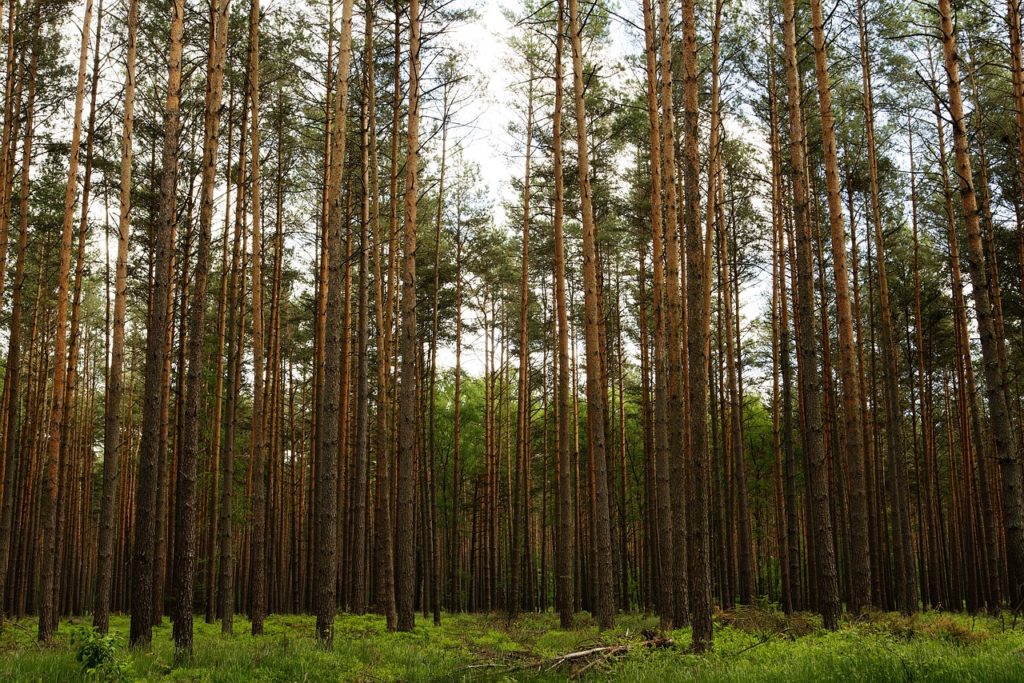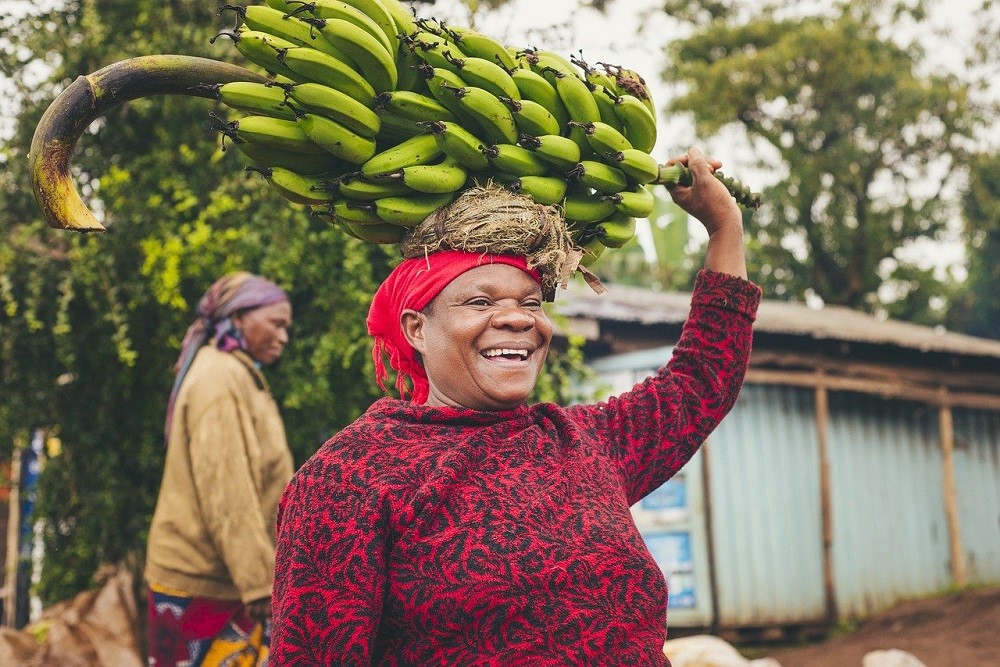Mr Nutri Bean: Educating children to increase consumption of iron and zinc rich beans
The higher iron and zinc rich beans called NAROBEAN 1, 2, 3, 4C and 5C can significantly improve nutrition and are particularly beneficial for children and expectant mothers.
‘Banana and I’: Sharing the ‘appeal’ of better banana management in Uganda through drama
CABI has worked with farmers to develop a video drama on the subject with five episodes translated into two languages. Created for small scale banana farmers in Uganda with contributions from farmers, the dramas are also performed by farmers themselves to increase their local appeal, encourage more efficient farming practices and ultimately increase productivity for banana growers.
- « Previous
- 1
- 2
- 3
- Next »

